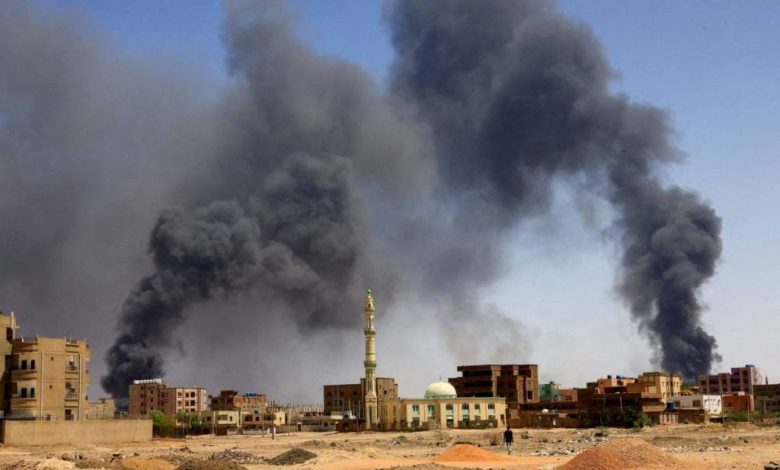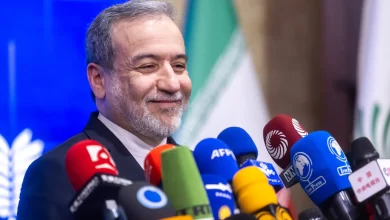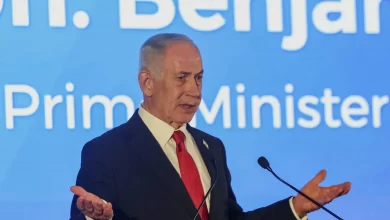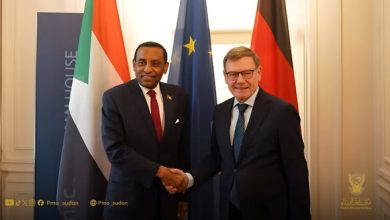
The French newspaper Le Monde stated that the war ravaging Sudan for more than two years is being fueled by regional power dynamics, highlighting the urgent need to influence external actors, especially as the risk of the country’s division increases.
In its editorial, the newspaper explained that repeated drone strikes targeting Port Sudan in eastern Sudan since the beginning of May are a stark reminder that this nearly forgotten war, now entering its third year, is becoming ever more destructive—with over 150,000 people killed and more than 13 million displaced due to the conflict.
The paper pointed out that Port Sudan is not only the seat of the de facto government, but also the main entry point for vital humanitarian aid to a country facing a dire crisis. This crisis prompted UN Secretary-General António Guterres to describe Sudan as “trapped in a nightmare of violence, hunger, disease, and displacement.”
Thus, the destruction of critical infrastructure there—such as the country’s last functioning civilian airport—through drone attacks will only further complicate the delivery of aid. The Sudanese Armed Forces, led by Sovereign Council Chairman General Abdel Fattah al-Burhan, retook control of Khartoum at the end of March, but this did not change the course of the war as had been hoped.
Proxy War Architects
On the contrary, the Rapid Support Forces (RSF), led by General Mohamed Hamdan Dagalo (Hemedti), demonstrated in the Port Sudan attacks that their firepower remains intact. On April 15, marking the second anniversary of the war, the RSF announced the formation of its own government—an alarming sign of a growing possibility of Sudan’s partition, with unpredictable regional consequences.
According to Le Monde, Sudan’s tragedy is being exacerbated by a regional game of influence, as highlighted by the UN’s condemnation of the “flow of weapons and fighters.” Drone attacks on Port Sudan have already caused the collapse of diplomatic relations between Sudan’s de facto authorities and the United Arab Emirates, which stands accused—despite its denials—of supplying advanced weapons to paramilitary groups.
Le Monde concluded that pulling Sudan back from the brink requires putting pressure on the foreign actors fueling this proxy war and the associated massacres. The United States, given its ties with countries indirectly involved in the conflict, has the capacity to lead such an effort.
The only thing left, the paper argued, is for U.S. President Donald Trump—who is set to visit the Arabian Peninsula on Tuesday—to understand that his country, like all others, has a vested interest in silencing the guns in Sudan.



